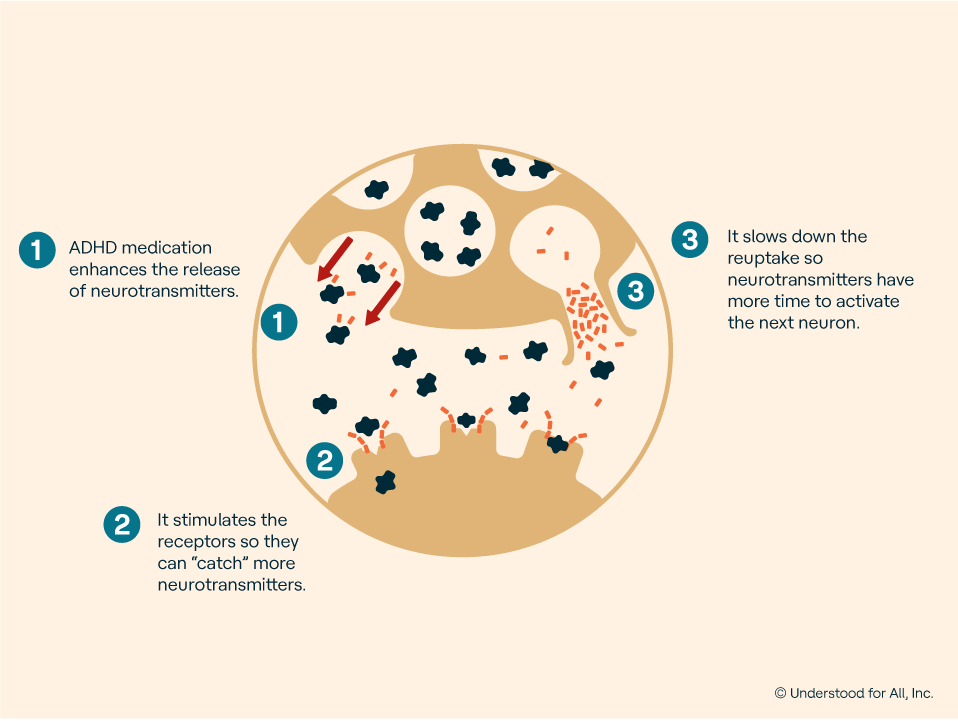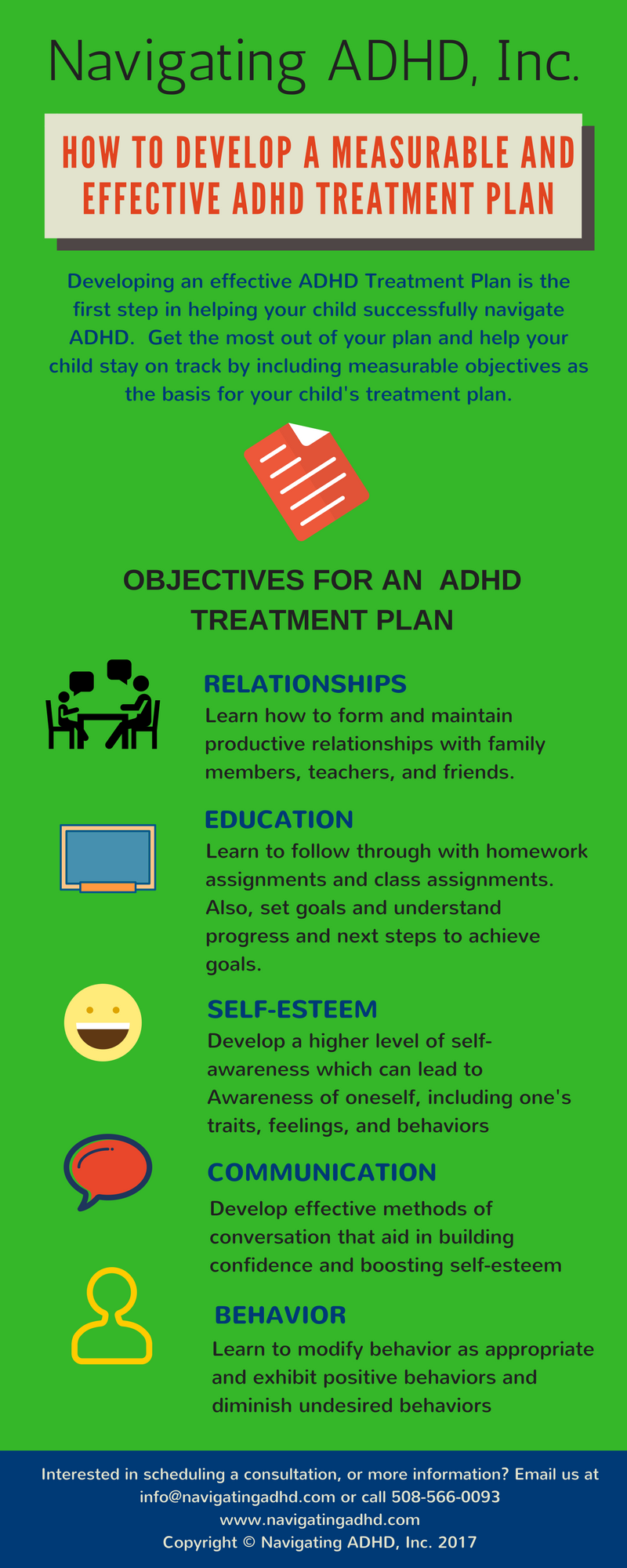Your Overview to Finding the Right ADHD Therapy for Long Lasting Outcomes
Browsing the complexities of ADHD treatment calls for a nuanced understanding of both the disorder and the myriad options readily available for effective administration. It is essential to recognize that what works for one individual may not necessarily yield the same results for another.
Recognizing ADHD and Its Effect

In adults, ADHD can result in difficulties in office settings, affecting efficiency, time management, and social connections. Usually, undiagnosed or improperly managed ADHD can add to co-occurring mental wellness concerns, such as stress and anxiety and depression, more complicating an individual's total well-being.
The social understanding of ADHD can vary, bring about stigma and misconception, which may prevent people from looking for assistance. As awareness expands, it is important to promote a setting that promotes understanding and assistance for those affected by ADHD, stressing the requirement for exact medical diagnosis and tailored methods to reduce its impact on day-to-day life.
Summary of Therapy Choices
An extensive strategy to treating ADHD incorporates a range of options customized to the person's distinct demands. These choices can generally be classified into behavior interventions, psychoeducation, and way of living adjustments, along with medicinal treatments that might be checked out later on.
Behavioral interventions, such as cognitive-behavioral therapy (CBT), concentrate on changing certain behaviors and creating coping techniques to manage signs effectively. Psychoeducation plays a crucial role in equipping both people and their families by offering info regarding ADHD, its obstacles, and reliable techniques for assistance.
Way of living modifications can significantly influence ADHD management. Routine physical activity, a well balanced diet regimen, and sufficient sleep add to overall wellness and sign control. Mindfulness methods and leisure methods can additionally boost emphasis and minimize impulsivity.
Assistance teams and household therapy can promote a sense of community and understanding, helping individuals really feel much less separated in their experiences. Each therapy choice need to be considered in conjunction with the person's choices and situations, making sure a holistic method that promotes long-lasting success. Ultimately, the goal is to develop a personalized therapy strategy that attends to the particular challenges connected with ADHD while boosting general lifestyle.
Medication: Advantages And Disadvantages
Drug plays an essential function in the therapy of ADHD, with countless alternatives offered that can dramatically ease signs for numerous individuals. Energizers, such as methylphenidate and amphetamines, are frequently recommended and have shown efficiency in improving focus, decreasing impulsivity, and improving total habits. These medicines work by raising dopamine and norepinephrine levels in the brain, which are usually dysregulated in those with ADHD.
Some individuals might experience side results, consisting of sleeping disorders, lowered appetite, or enhanced anxiousness. Additionally, not all clients respond to energizer drugs, leading some to explore non-stimulant alternatives, which might have a postponed onset of action or different side impacts.
It is important for individuals and their family members to evaluate these pros and disadvantages thoroughly. Stabilizing the benefits of signs and symptom management versus possible adverse effects is critical for accomplishing optimum treatment end results. Collaboration with doctor can assist in informed decisions, making certain that medication is part of a detailed ADHD management strategy.
Behavioral Treatment Strategies

One generally used approach is Cognitive Behavior modification (CBT), which aids individuals determine and change adverse idea patterns that add to ADHD-related obstacles. Therapist for ADHD. Via CBT, customers find out to establish practical objectives, manage time efficiently, and establish business systems
Another efficient method is Parent Administration Training (PMT), which informs parents on exactly how to reinforce positive behaviors and lower adverse ones via constant self-control and interaction see strategies. This approach cultivates an encouraging home setting that motivates behavioral improvements.
Social abilities training is likewise essential, helping individuals with ADHD browse social interactions better. Role-playing and modeling appropriate actions can improve social proficiency and reduce anxiousness in social circumstances.
Way Of Life Changes for Better Monitoring
How can way of living modifications substantially improve the management of ADHD signs and symptoms? Carrying out tactical way of living modifications can lead to significant improvements in emphasis, organization, and psychological policy for people with ADHD.
First of all, developing an organized daily regimen helps in developing predictability, which can relieve sensations of overwhelm. Regular timetables for meals, study, and sleep can improve day-to-day functioning.
Integrating normal physical activity is also vital, as workout has been shown to increase dopamine degrees, boosting focus and motivation (Therapist for ADHD). Aiming for at least 30 minutes of moderate exercise most days can be useful
Nourishment plays a pivotal duty as well. A balanced diet regimen abundant in omega-3 fatty acids, entire grains, and protein can support cognitive feature. Restricting refined sugars and high levels of caffeine may reduce signs, as these can result in energy crashes and irritation.
Final Thought
To conclude, locating the appropriate Source ADHD therapy demands a complex strategy that takes into consideration specific demands and choices. A mix of medicine, behavioral therapy, and lifestyle modifications can considerably enhance symptom management and overall health. Involving in psychoeducation and developing structured routines further sustains visit here reliable therapy strategies. Cooperation with medical care specialists and open interaction with support networks are crucial components in navigating the complexities of ADHD management, inevitably leading to long-term results and improved quality of life.
Comments on “Medication Management Support for Optimized Treatment Plans”